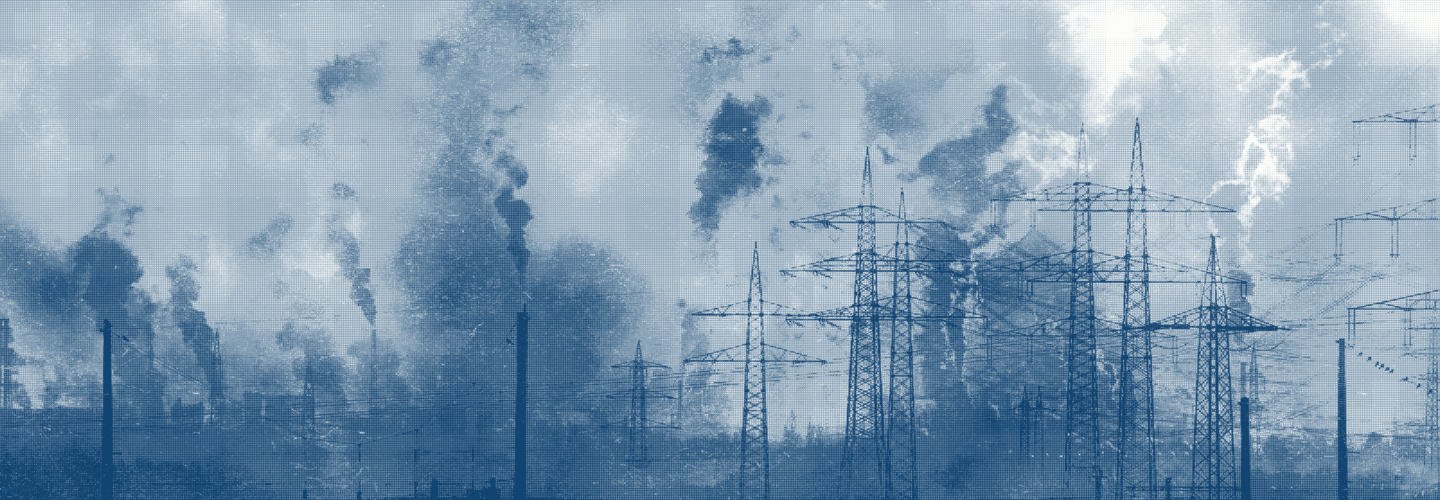A greenhouse gas reduction program has improved air quality in Connecticut and New York
Connecticut and New York are among nine states that have benefited in health and finance from the Acadia Center’s Regional Greenhouse Gas Initiative.
The Regional Greenhouse Gas Initiative Assessment (RGGI) is a cap-and-invest greenhouse gas reduction program. Twelve Northeastern and Mid-Atlantic states, including New York and Connecticut, have participated since 2009.
RGGI reduces carbon dioxide pollution from electricity plants in the region by placing a limit on emissions. Plant owners have to purchase carbon dioxide allowances from states at auction. States then use that money to invest in environmental programs.
Acadia Center’s director of Climate, Energy & Equity Analysis, Ben Butterworth, said RGGI has financially benefited the states that consistently follow it.
“Consistent RGGI states have achieved a 50% increase in GDP per capita since RGGI was launched in 2008,” Butterworth said. “This is 13% more growth than the rest of the country over the same time period.”
Despite some positive findings, the report also shows a disparity among the communities who benefit. Over a third of RGGI plants that have significant carbon dioxide emissions are located near high asthma communities.
“States could significantly improve quality of life in environmental justice communities by making targeted investments of revenue generated in RGGI auction to improve the quality of housing, lower energy burdens, improve air quality and reduce associated health risk,” Butterworth said.
Twelve Northeastern and Mid-Atlantic states participate in the initiative, nine states are considered “consistent.”
To read the article on WSHU, click here.




















Follow us